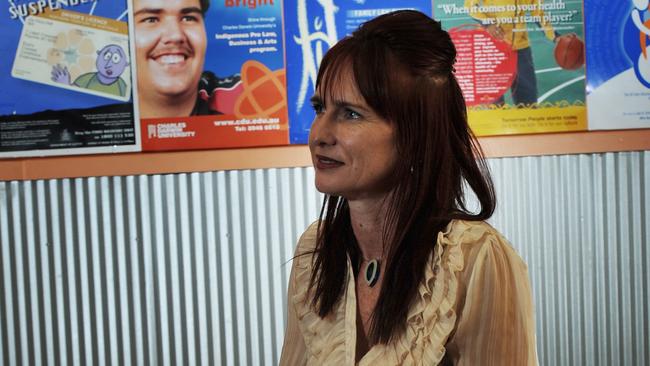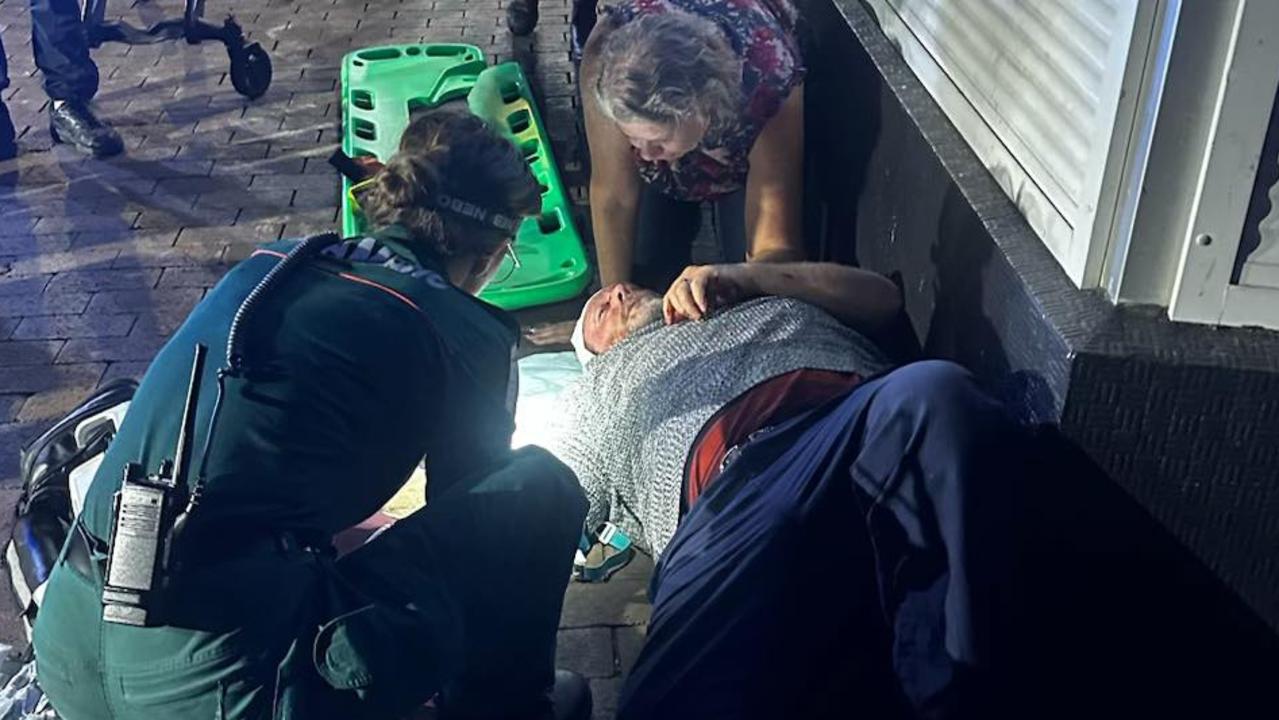Funding cuts put legal aid in doubt in NT
FEARED Federal Budget cuts will rock the entire NT justice system, beginning with the closure of the North Australian Aboriginal Justice Agency’s Nhulunbuy office.

Northern Territory
Don't miss out on the headlines from Northern Territory. Followed categories will be added to My News.
FEARED Federal Budget cuts will rock the entire Northern Territory justice system, beginning with the closure of the North Australian Aboriginal Justice Agency’s Nhulunbuy office, NAAJA chief executive Priscilla Collins says.
Ms Collins said NAAJA faced $1 million in cuts from 2015, which could potentially reach $1.6 million depending on the government’s final call.
The organisation provides legal services for Aboriginal people and has offices in Darwin, Katherine and Nhulunbuy.
Ms Collins said the cuts would force the closure of the Nhulunbuy office by July 1 next year. Later this year, the office’s civil and criminal divisions will move to Darwin in preparation.
Ms Collins told the NT News NAAJA’s criminal workload had risen 72 per cent in the last eight years and civil matters had increased 73 per cent.
To keep up, she said, the organisation’s budget needed to grow by about $3 million. Instead, she was now looking at how to scale back.
“All we can say is there will be huge changes,” she said. “Not just to Aboriginals, but the whole court system.
“We provide an essential service, we don’t provide a luxury service. We understand there is a tight Budget, but when you cost cut to something like NAAJA, and there’s more people going before court, who’s going to represent them?”
A spokesman for Federal Attorney-General George Brandis said the government had funded NAAJA with $600,000 for frontline legal services and a further $100,000 for work at the Royal Commission into institutional child abuse.
He said the government was “considering options for future legal assistance arrangements” beyond July 1 and priority would go to frontline legal services most in need.
Ms Collins said Territory policies such as mandatory sentencing, mandatory rehabilitation and alcohol protection orders meant the need for legal services would only increase. “Everybody deserves the right to justice,” she said.


